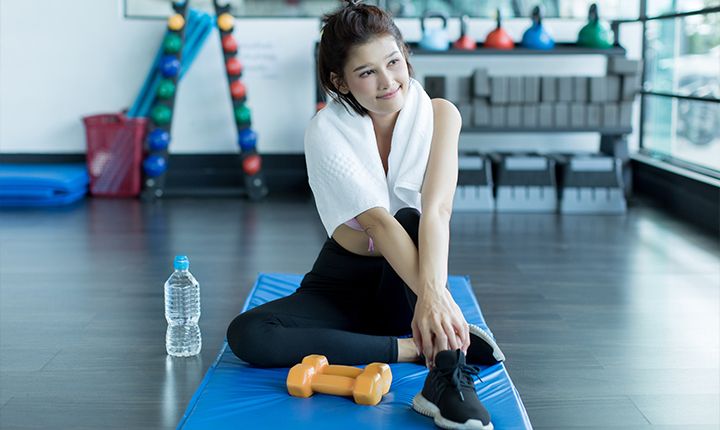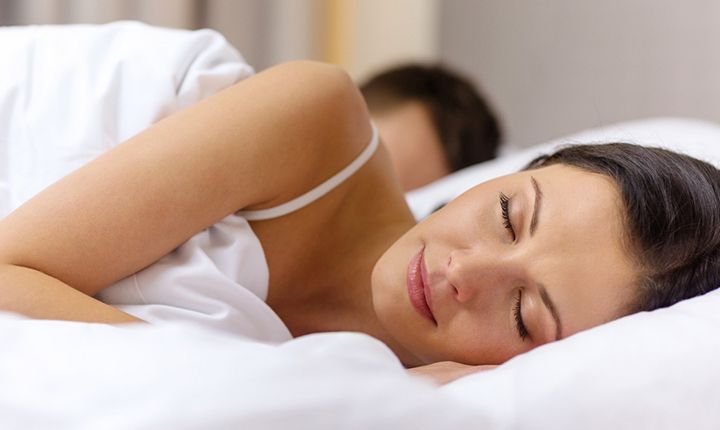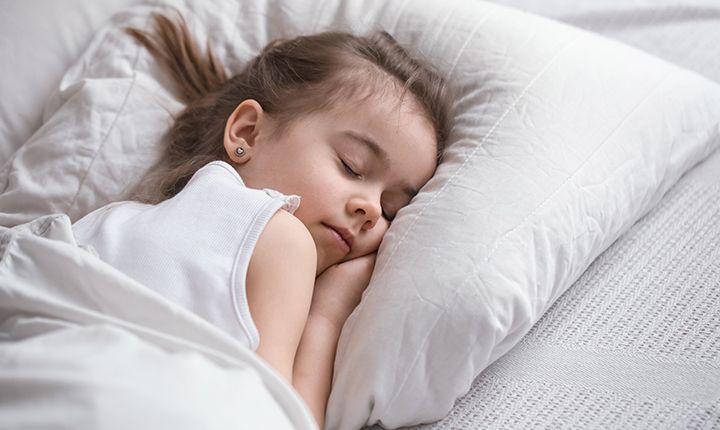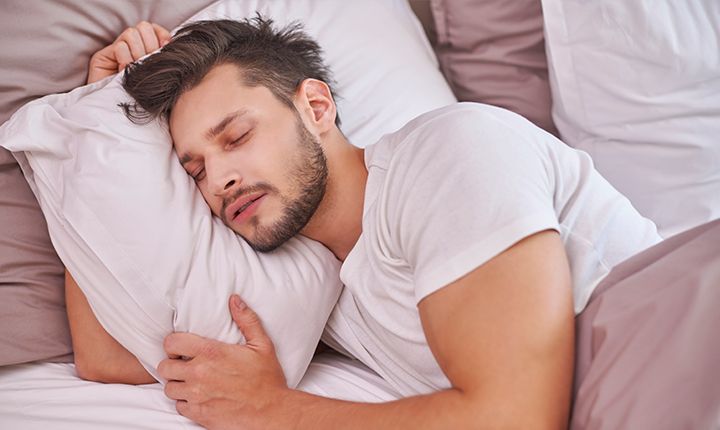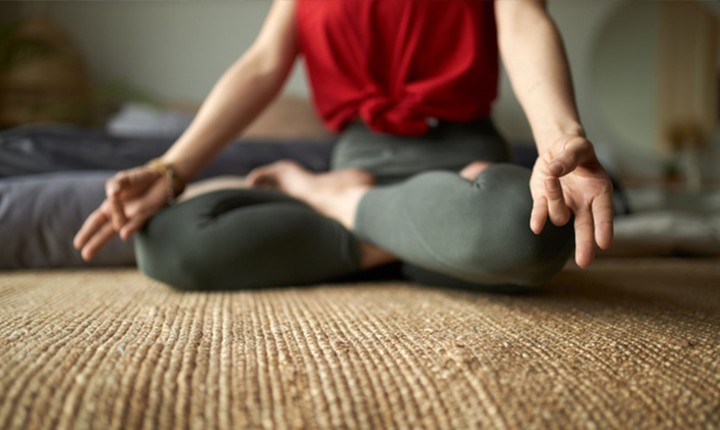We all know that doing regular workouts is highly essential to have a fit body. But, did you know that not exercising is equally important? You must be wondering how’s that even possible! It’s called active recovery.
The term ‘active recovery’ might sound alien to you now. But, we are sure that by the end of this article, you will understand completely what it is and why is it necessary for our body. To be specific, active recovery means active rest. It is the time we spend doing activities that are less intense compared to our regular sets of workouts. It involves easy body movements, which do not cause fatigue. Just like we all need a day off after we work for six days a week, our bodies also need rest days in a workout when it can relax.
Benefits of active recovery
There are multiple benefits of active recovery. Some common advantages of taking a day off from the usual workout session are –
- When you are taking a break from the hectic usual workout sessions, you are allowing your body to rejuvenate. The body auto-recovers from the previous workouts, when the blood flow increases in the muscles and tissues with the help of active recovery.
- Rest days in workout can also boost blood circulation that pumps in oxygen, and amino acid in the blood. This in turn equips muscles in the body to self-repair themselves.
- Rest days in workout helps in flushing out waste products that are built in the body during exercise.
- Active recovery also helps in providing people with a refreshing mental break from intense training.
You should turn your off days into active recovery days to reap the maximum benefits. If you are wondering what to do on rest days, here are a few suggestions for you.
Tai Chi
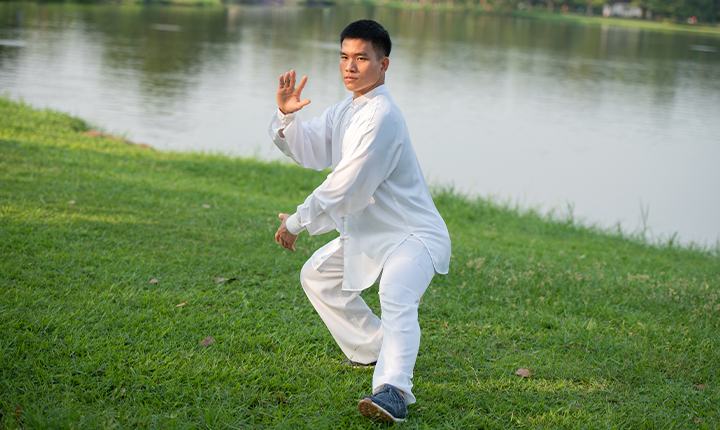
If you are fond of martial arts, well then tai chi can be just what you would want to practice during your rest days in workout. Tai Chi helps in building strength, creates balance, and makes the body aware. The slow-flowing movements involved in Tai Chi activate the parasympathetic nervous system. This system calms the body, along with the mind and helps you recover from stress. Tai Chi also helps in decreasing physical pain.
Yoga

Another effective and convenient option is Yoga. It is by far the best exercise you can do during your off days. If you are still thinking of what to do on rest days, it has multiple benefits when it is being used as active recovery.
- Firstly, Yoga increases flexibility.
- It teaches proper breathing techniques that help in regulating the heart.
- Yoga promotes blood flow.
- Yoga also repairs broken tissues and muscles in the body.
Light Resistance Training
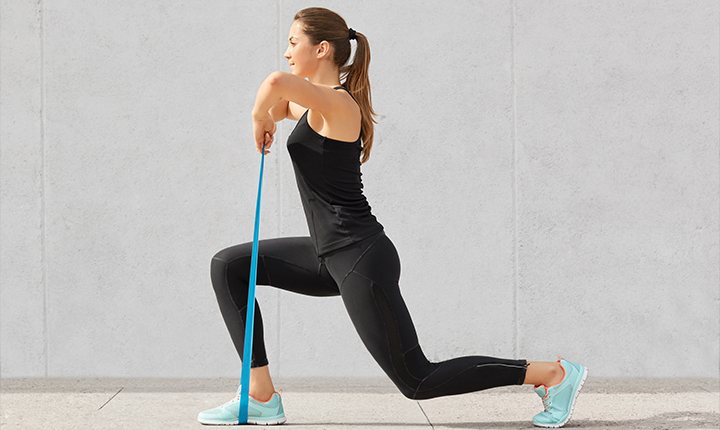
If you have been so addicted to workouts that you can’t even think of skipping a day, then you can choose to do light resistance training instead of sticking to the usual routine.
Light Resistance Training has multiple benefits in store for you:
This kind of training is beneficial in two ways – firstly, it doesn’t let you stay away from your gym even for a day, and second, this kind of light resistance training helps in active recovery. Light resistance training includes a set of five to eight exercises in one set. Each exercise needs to be performed for 40 seconds followed by a break of 20 seconds.
The sets in this training are repeated in three to four rounds. However, it is not mandatory in case you feel too tired, you can choose to skip these rounds and simply go on a walk instead of following this regimen. Just let your muscles relax.
Crawling
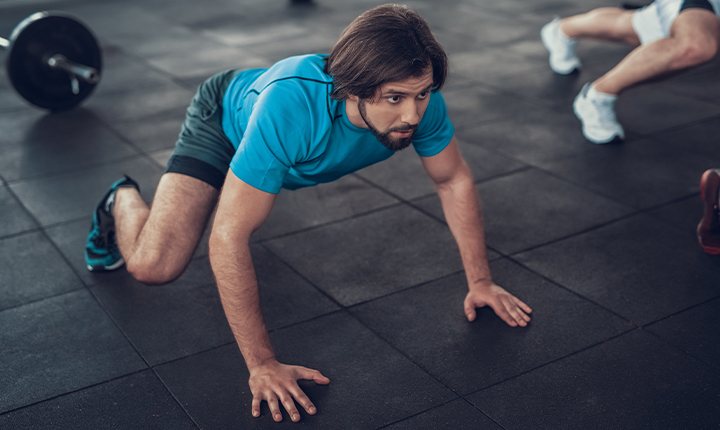
Crawling is what toddlers do. Have you ever watched the movements of a toddler when they crawl around? It not only provides better grip to toddlers but is also a recommended active recovery method for adults. It helps an individual in the following ways –
- If you are aiming towards building body strength, crawling is for you.
- Crawling develops endurance in adults.
- It helps in increasing focus.
- It also helps in creating a better posture.
- If you are crawling for five minutes a day, you are challenging your lungs, heart, and muscles. The main objective of crawling is to make a person feel exhausted.
Swimming

Swimming is one of our favorite options when we talk about active recovery. It is considered to be the lowest impact exercise option. It helps in many different ways –
- Firstly, swimming allows your body to be weightless.
- Secondly, when swimming is used as active recovery, it relaxes your joints.
- Thirdly, Swimming stretches a human body in a way that can’t be stretched when on the land.
Walking or Running
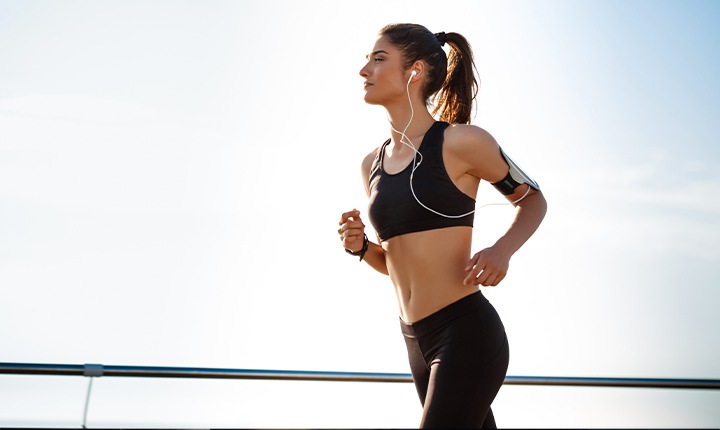
If you do not have a swimming pool located anywhere near your house or the gym is quite far, then you might want to simply walk down the lane holding the hands of your loved ones. You should remember that going for a walk, or a leisure jog acts as an active recovery method because they stimulate blood flow, and helps in removing lactic acid from the body. You can also go out for a walk or hit the playground for a slow leisurely jog.
Conclusion
If you want your body to respond to the exercise you should make sure you take out rest days in a workout, where you give your body a chance to rejuvenate through a process of active recovery. If you can’t make up your mind about what to do on rest days, we suggest you can try practicing Tai Chi, if you are interested in martial arts. In case you are an easy person, then you can also spend the day doing Yoga. It is widely used as a method of active recovery.
For people, who are fitness freaks and addicted to workouts, a suitable option is light resistance training.
Otherwise, you can also opt for swimming on your off days. It is considered to be the lowest impact exercise option. If you do not have a swimming pool nearby and don’t have the energy to drive to a pool. You can choose to go for a walk, or on a light jog. Both Jogging and walking also help in active recovery. We advise you should mandatorily take a break from your regular workouts If you need your body to respond to the physical workouts.


